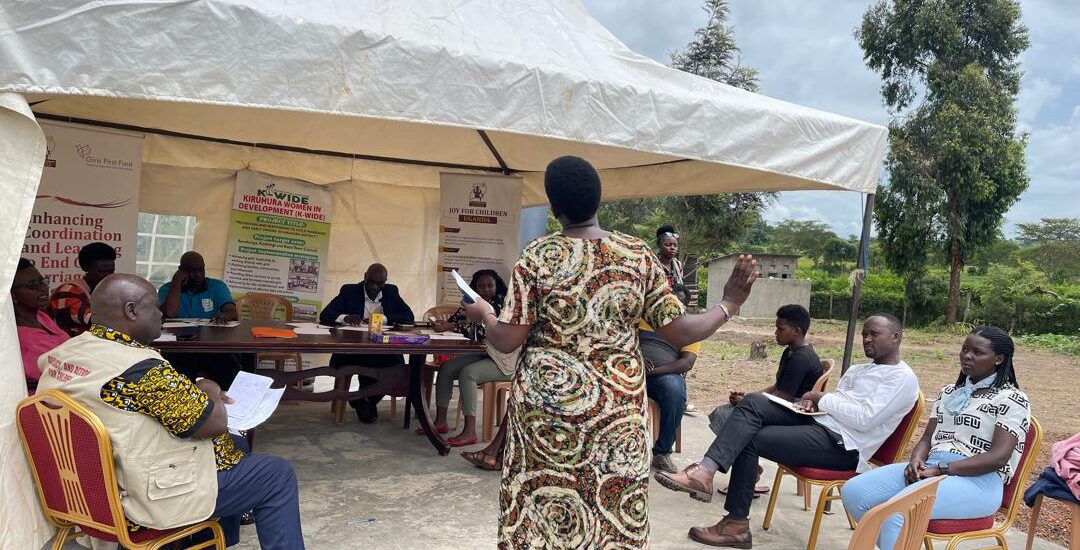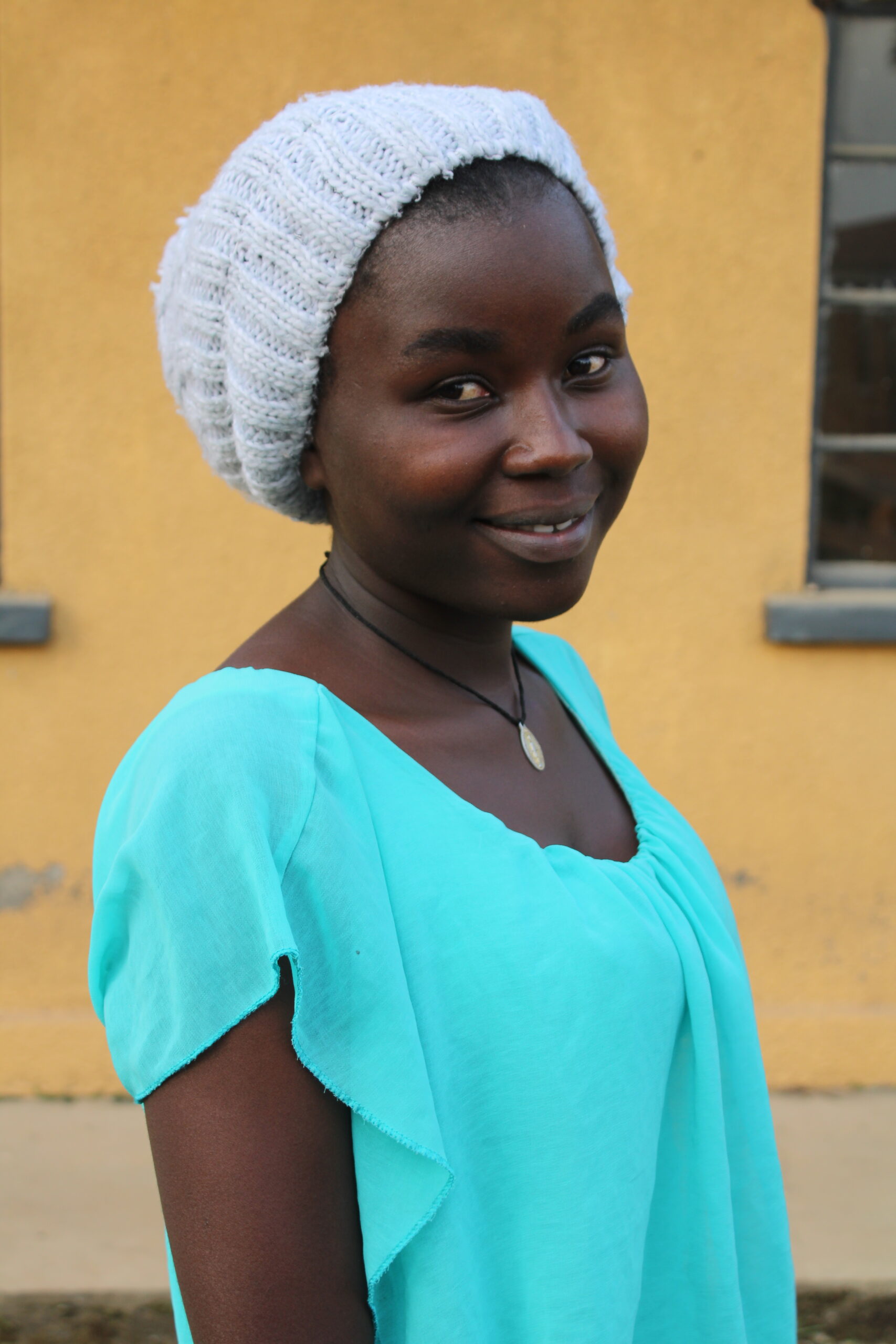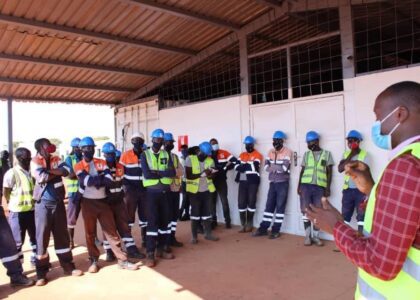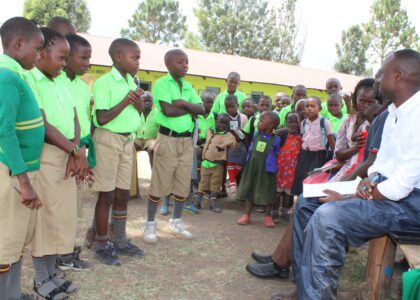Violence against children remains a pervasive issue in Uganda, with 75% of young adults reporting experiencing at least two forms of violence (physical or sexual) during childhood (UNICEF, 2018). The prevalence is staggering, with 68% of boys and 59% of girls having experienced physical violence, and one in three girls and one in six boys suffering sexual abuse (UNICEF, 2018). More than 2 million children in Uganda are engaged in child labor, most in agriculture or mining (UNICEF, 2018).
The problem is deeply rooted in cultural norms and traditional beliefs that often view physical punishment as a legitimate form of discipline (Kigonya & Olsson, 2023).
Cultural context significantly influences the acceptance of violence against children in Uganda. Traditional beliefs often regard physical punishment as a legitimate form of discipline, deeply rooted in community norms that emphasize obedience and respect for authority figures, such as parents and teachers.
This normalization of violence is exacerbated by socio-economic factors, including poverty and lack of education, which further entrench harmful practices like child marriage and corporal punishment in schools (Clarke et al., 2016)
Many children do not perceive violence as problematic, reflecting a deep-rooted acceptance within the community. Common reasons for not seeking help included feeling the violence was their fault or not thinking it was a problem, indicating physical violence has become an accepted norm
What we do
Joy for Children Uganda (JFCU) actively combats violence against children through various initiatives
- Advocacy and Legal Support: JFCU collaborates with organizations like the Uganda Parliamentary Forum for Children (UPFC) and Uganda Women’s Parliamentary Association (UWOPA) to review and strengthen laws, such as the Sexual Offences Bill, aimed at protecting children from violence and sexual abuse.
- Community Engagement: We work directly with communities to raise awareness about the negative effects of violence and to foster a supportive environment for children. This includes psycho-social support and legal assistance for victims.
- Education Initiatives: JFCU promotes education by increasing enrollment and retention rates, particularly for girls, and addressing issues like child marriage and teenage pregnancy.
- Partnerships: They coordinate with international, national and community based organizations to implement programs that address the root causes of violence against children, leveraging local knowledge and expertise
- Skills Development: JFCU emphasizes the importance of equipping children with essential skills to enhance their future prospects. Through programs that promote vocational skills , we aim to empower children, particularly for out of school children. This includes providing practical skills like basket weaving that are vital for their personal and professional growth.
- Creation of Safe Spaces: Creating safe spaces for children is a priority for JFCU. These environments are designed to protect children from violence and abuse while providing them with the support they need to thrive. Safe spaces facilitate positive interactions among children and foster a sense of belonging. JFCU works to ensure that these spaces are accessible to all children, especially those from marginalized backgrounds, allowing them to engage in educational and recreational activities in a secure setting.
- Training of Parents with Respectability Modules: JFCU recognizes the critical role parents play in shaping their children’s lives. To promote positive parenting practices, the organization offers training programs that include respectability modules. These modules educate parents on the importance of nurturing, non-violent discipline, and fostering a respectful parent-child relationship. By equipping parents with the knowledge and skills to raise their children in a supportive and loving environment, JFCU aims to break the cycle of violence and promote healthier family dynamics.
- Savings Groups: JFCU facilitates the formation of savings groups for families. These groups empower parents to manage their finances better, save for emergencies, and invest in their children’s education and health. By providing financial literacy training and encouraging savings habits, JFCU helps families build resilience against economic hardships, which can often lead to increased stress and potential violence.
Communities, government, and NGOs must unite to challenge harmful cultural norms, enforce child protection laws, and create safe environments for children to thrive. By working together as a community, we can create a safer, more nurturing environment for all children in Uganda.






